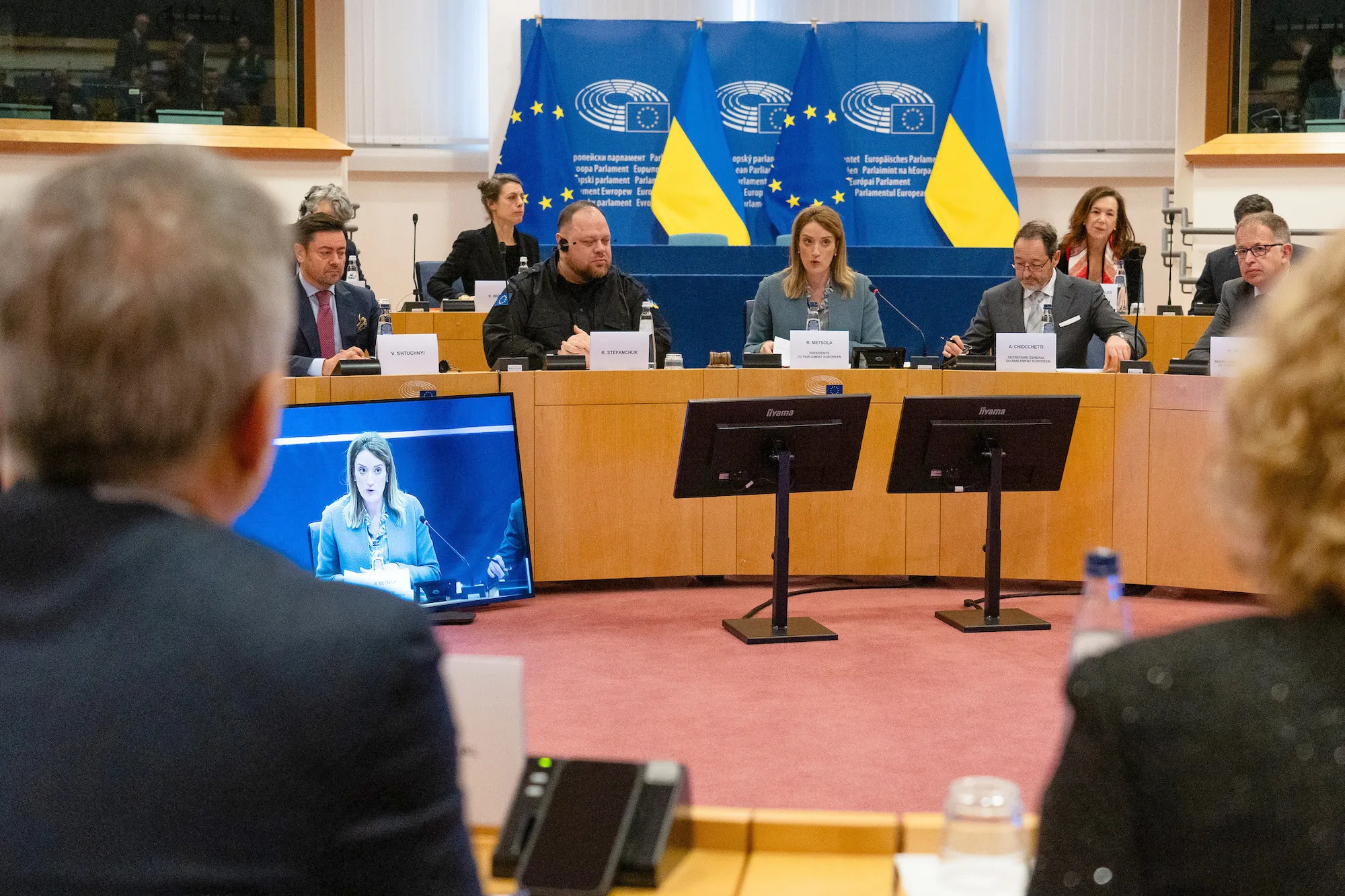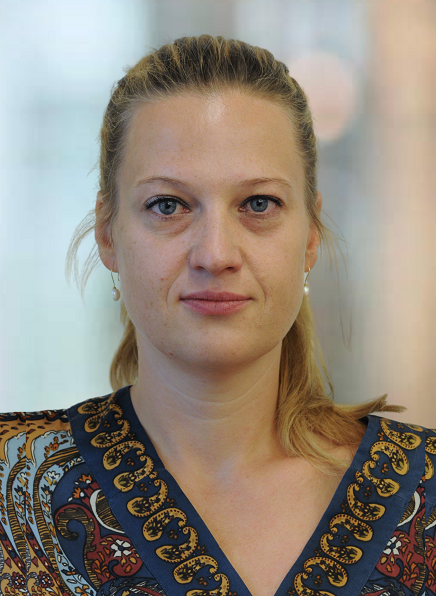Supporting the Verkhovna Rada of Ukraine’s civic education on European Integration

With the accelerated pace of Ukraine’s EU integration, there is a need to introduce a systemic and custom-designed education curriculum for students and adults. This aims to help with the understanding of the complexity of the EU supranational system and the role of the Verkhovna Rada of Ukraine in the EU accession process. Based on a comprehensive assessment of existing educational resources, as well as semi-structured interviews and four focus groups with key target audiences, the experts recommended a set of tools, materials and innovative approaches. “The proposed framework reflects the preferences expressed in the focus groups and interviews for an interactive and less statistical and information-burdened approach as well as focusing on both the positive and negative aspects of the EU integration process,” said Biljana Ledenican, the leading International IDEA consultant.
The structure of the curriculum is based on the already existing approaches in parliamentary education, namely of the European Parliament, but also the Canadian and Brazilian Parliaments. It follows their logic on what can be done by the parliament education unit under difficult circumstances and with limited funds. Beyond the standard curricula, it highlights the need for a motivational aspect. It also specifies engaging educational tools, such as simulation games, interactive applications or short videos to respond to the identified needs. “There seems to be no motivational material that would explain to various target groups why it is important to learn more about the EU, the process of European integration and its implication for Ukraine. We took note of the fact that members of parliament, teachers, students, and CSOs interviewed for this assessment also spoke about this,” added Olga Dudar, the International IDEA consultant in Ukraine.
Christina Altides from the Directorate-General for Communication, Strategy and Innovation Unit of the European Parliament introduced in her presentation a comprehensive approach to youth education, which can in parts be used by the Verkhovna Rada of Ukraine. The three-tier approach is designed to get the youth target group active through events and networking activities, can inform them through digital and in-person learning activities, and involve them to shape EU policies. “It doesn’t matter if you’re a teacher looking to organise a school trip or a young person looking to share ideas and make friends - the European Parliament’s Youth Hub is the perfect place to start,” she added about the key one-stop-shop the European Parliament developed to cater to the needs of the youth audience.
The International IDEA team implementing the USAID "RADA: Next Generation" Program (RANG) will continue its work on supporting the VRU's civic education activities on European Integration, based on the proposed curriculum in the next phase of the project implementation.




